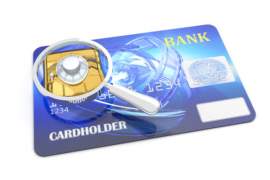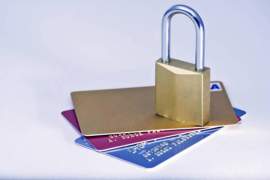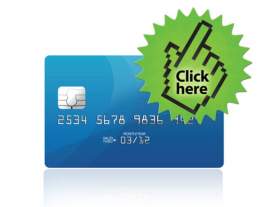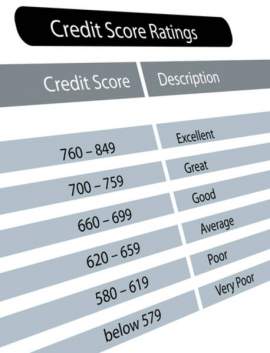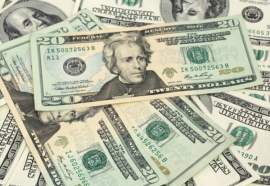
Ways for Credit Card Debt Relief
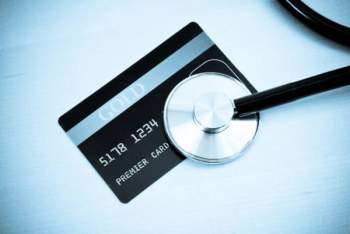
What is
Credit Card Debt?
Credit card debt occurs when an individual’s debt,
as a result of their credit card use, exceeds their ability to pay the debt. In
essence, the debt is beyond the borrower’s disposable income and savings. This
unfortunate situation leaves them vulnerable to increased fees, added interest
and other terms associated with credit card debt.
As a result of these terms,
credit card debt possesses an insidious characteristic. At first the debt may
seem manageable, but overtime as spending remains the same and the interest is
piled on, the debt mounts to a suffocating level.
Credit card debt is fairly easy to get
involved with, even if the consumer maintains some sort of budget. The
reasoning behind this prevalence is that financial institutions which issue
credit cards do so with interest or APR rates attached. These rates are
multiplied into unpaid monthly balances. Over time these small percentage
increases can suffocate a borrower.
Example of how Credit Card debt can amass
If a consumer has a credit card with an available
credit line of $500 and an annual percent rate of 20% and spends the full
credit amount of $500 in one month on various goods and services, he or she
will be required to pay off that debt over time. Credit card billing cycles are
monthly, meaning the individual is required to pay off all or some of the debt
at the end of each month.
If the individual does not pay the $500 and only pays
the minimum (typically $15) the APR of 20% will be applied to the next month’s
bill in the form of a monthly fee (.20/12), or .01667. Add 1 to this figure to
reveal 1.016, which is then multiplied by your remaining balance. Therefore, if
you have $485 due next month, you will take $485 and multiply it by 1.016 to
yield a new balance of $492.76. This added $7.76 may not seem like much, but
over time as more credit is made available and subsequently used, this figure will
grow exponentially.
Credit Card Debt Relief
There are numerous ways an individual can mitigate
their debts. It is crucial to seek credit card debt relief because credit
scores are largely based on an individual’s debt to credit ratio. Therefore, an
individual with a high outstanding balance will possess a lower credit score.
A
diminished score will impede a borrower from obtaining a suitable credit card,
and in grave cases, will impede an individual from obtaining sources of
financing, such as personal loans, mortgages, leases and even employment.
One of the basic forms of credit card debt relief
is achieved through consolidation. Consolidating loans or outstanding balances
enable a borrower to group their debts into one pool, thus allowing them to
make fixed payments against their amount owed. Debt consolidation is often
initiated by the lender. A borrower may contact the lender to effectively crate
a repayment plan.
Another means to initiate credit card debt relief
is to seek assistance by a third party, such as a credit counseling
organization. These groups will educate individuals in regards to how to seek
credit card relief and will also work with lenders to restructure the
borrower’s debt obligations.
The last form of credit card debt relief is filing
for bankruptcy. This form of credit card debt relief may not be desirable, but
it will effectively erase the individual’s debts over time.
NEXT: Why Would I Need Credit Counseling




